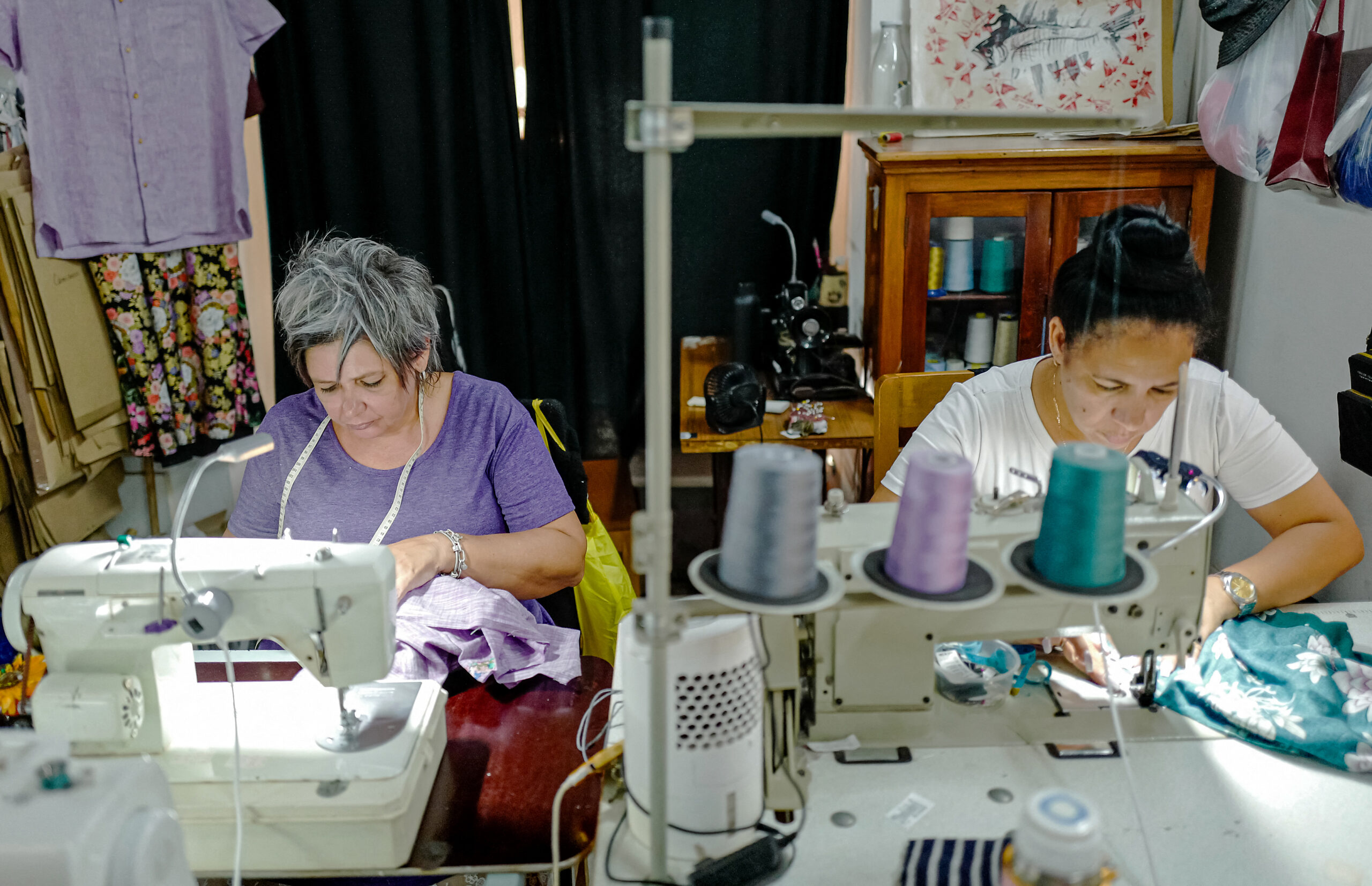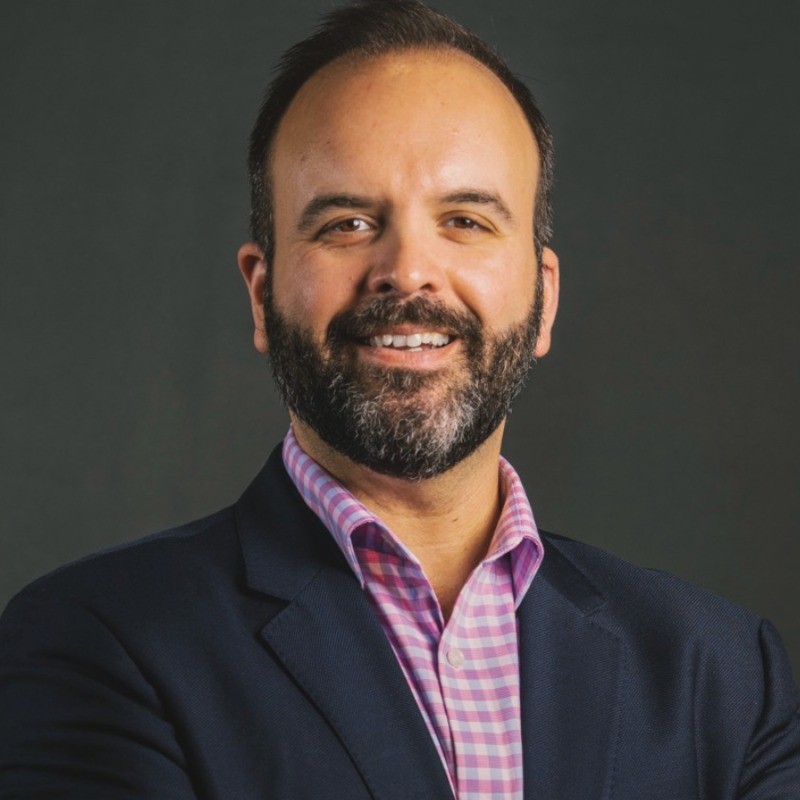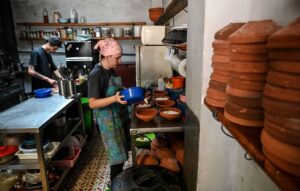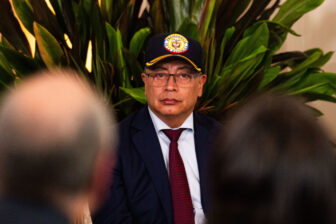Leer este artículo en Español.
The recent rollout of long-awaited measures from the Biden administration to support Cuba’s private sector has reignited debates about the role of the island’s non-state actors. First announced in 2022 but implemented in May, the regulations allow Cuban private businesses some access to U.S. banking and cloud-based services such as app stores. However, with the U.S. presidential election looming, skepticism abounds regarding the willingness of American financial institutions and tech companies to engage with Cuban clients. The political risk may well outweigh any short-term business opportunities.
This hesitancy is fueled in part by politicians, many of them based in Florida, who continue to frame engagement with Cuba’s private sector as collusion with the Cuban state, and even as a national security risk via the U.S. banking system. While their concerns about bolstering the Cuban regime are well-documented, this stance ignores the potential for economic engagement to both empower ordinary Cubans and advance U.S. national interests.
Conflicting feelings
Media coverage of Cuba’s private sector has been mixed, often falling into two extremes. Some recent reports have overstated the percentage of Cuba’s labor force employed by the private sector, painting an overly optimistic picture of Cuba’s economic transformation.
Conversely, hard-right circles in Florida and elsewhere often dismiss the very existence of an independent private sector in Cuba, arguing that all economic activity is commanded by the government. This view denies the agency and entrepreneurial spirit of Cubans who have carved out spaces for private initiative despite significant obstacles.
As organizations with extensive on-the-ground experience in Cuba, we at the Cuba Study Group and Cuba Emprende Foundation are positioned to offer a nuanced and fact-based perspective. The Cuba Emprende project has been in operation for 12 years, graduating 11,000 entrepreneurs from our program and advising several thousand businesses, accounting for a significant portion of the private sector. Based on this experience, it is our view that while there are certainly government-connected businesses—some of those among the island’s largest—there are thousands of Cuban entrepreneurs succeeding without such connections.
Lastest numbers
The most recent data from the Ministry of Economy and Planning paints a complex picture of Cuba’s private sector. As of early 2024, there were approximately 11,046 registered private micro, small, and medium enterprises (known as mipymes) employing approximately 297,000 workers, along with another 602,000 self-employed entrepreneurs (known as cuentapropistas).
Overall, the non-agricultural private sector employs roughly one quarter of the island’s total labor force. Adding the non-state agricultural sector, the broadly defined “private” share of the labor force is roughly one third.
However, the non-agricultural business distribution is uneven, with a concentration in urban areas (46% in the greater Havana area alone) and in certain sectors such as food, hospitality and construction (together 54% of the total). Many of the larger businesses are mostly based on the importation of food and consumer goods, with relatively little invested in manufacturing activities and exports. Private businesses (mipymes and cuentapropistas) accounted for 44% of all retail sales in Cuba in 2023, up from 4% in 2020, according to recent data.
These numbers, while significant, must be contextualized within Cuba’s current dire economic crisis. For the vast majority of Cubans, daily life remains a struggle marked by chronic shortages of food and other household items, electricity blackouts, untamed inflation and political repression. Fiscal year 2024 is on track to be the third consecutive year that U.S.-bound migration from Cuba tops 200,000, underscoring the urgent need for solutions that encourage Cubans to build their lives at home.
What the policy can do
The growth of the private sector has undoubtedly created opportunities for some Cubans to improve their economic situation. However, its ability to drive widespread prosperity remains hamstrung by several factors, chief among them the lack of access to external capital.
This is where the Biden administration’s recent measures could potentially make a difference. By authorizing access to U.S. banking services for private Cuban entrepreneurs, these policies could unlock new sources of capital flows and financing to this sector. Their impact will depend on the willingness of American banks to navigate a complex political and regulatory landscape shaped by outdated U.S. embargo laws. Just as importantly, it will depend on the Cuban government allowing diaspora and other external capital to flow directly into private enterprises, which it has so far declined to authorize.
Without a significant influx of resources, the Cuban private sector may remain a limited source of opportunity for a relatively small segment of the population. However, if barriers to investment can be lowered, there is real potential for the private sector to play a critical role in the country’s economic revitalization.
It is also worth noting that U.S. national security would be best served by formal banking links to private businesses in Cuba. These would give the Department of Treasury visibility over transactions and enhance its efforts to combat illicit practices such as money laundering and sanctions evasion.
Ultimately, the private sector alone will not solve Cuba’s myriad of economic and social challenges. Significant market and political liberalization are still needed to create a truly conducive environment for economic development and prosperity. But a thriving private sector could serve as a powerful force for positive change, creating jobs, fostering innovation, reducing incentives to migrate, and gradually dispersing economic power away from the state.
As we navigate the complexities of U.S.-Cuba relations and debate the merits of economic engagement, it’s crucial to ground the discussions in factual analysis rather than political rhetoric. The reality of Cuba’s private sector is neither as robust as some optimistic accounts suggest, nor non-existent as critics claim. Acknowledging this nuanced reality and working to support Cuban entrepreneurs through thoughtful policies and responsible engagement will contribute to a future where economic opportunity is more widely accessible to all Cubans.










